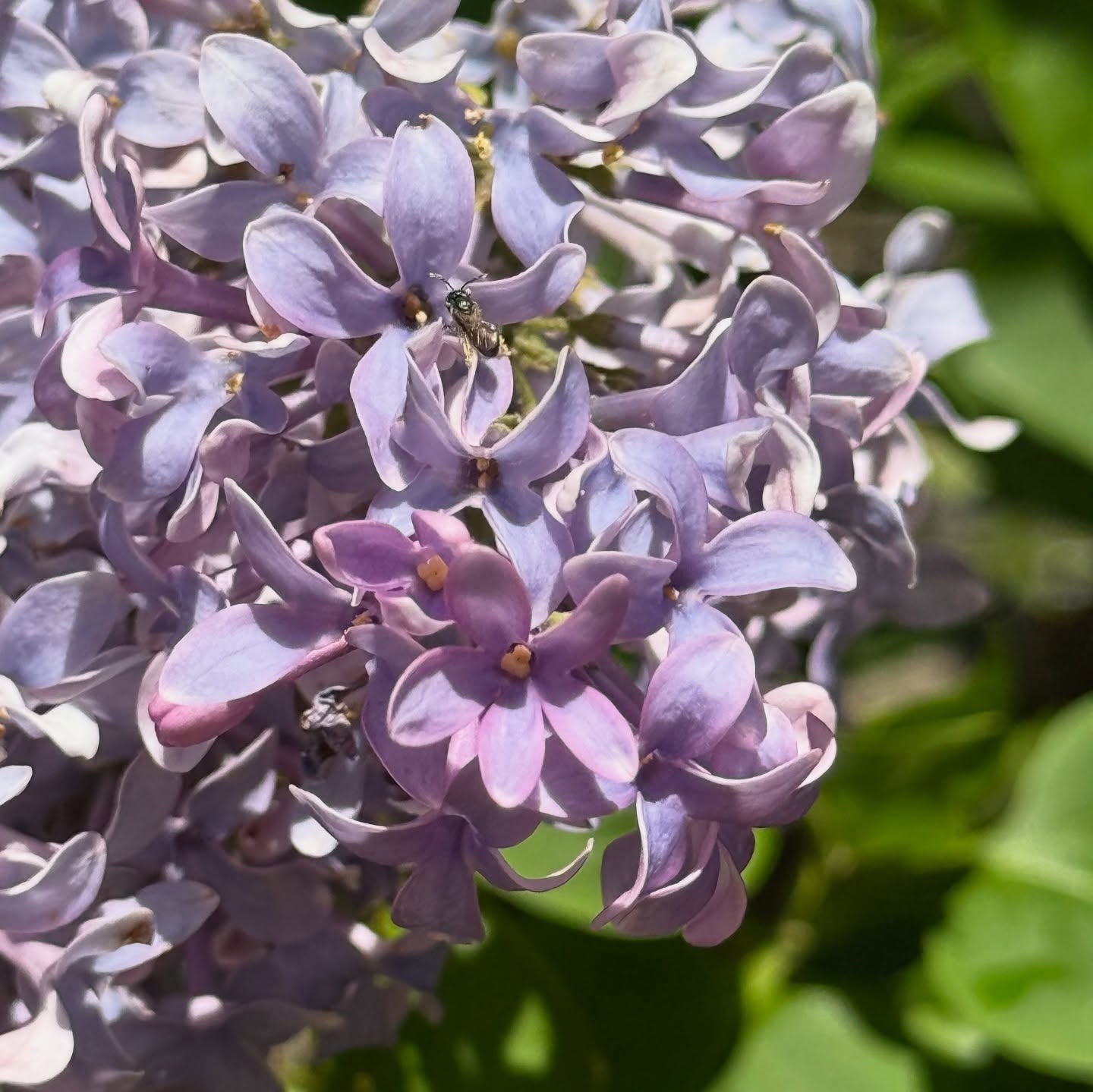- Understanding the role of native butterfly gardens in local ecosystems and their impact on biodiversity.
- The importance of community involvement in conservation efforts, highlighting collaborations with organizations like St. Louis Audubon and Wild Ones.
- Examining the significance of pollinator plant sales in promoting habitat restoration.
- Exploring the interconnectedness of pollinators and plants in sustaining healthy ecosystems.
- Detailed insights into activities and events at the Butterfly House’s spring reopening.
Native butterfly gardens are essential components of local ecosystems. They act as microhabitats, providing shelter, food sources, and breeding grounds for butterflies and other pollinators. With urbanization encroaching on natural habitats, these gardens serve as crucial refuges where butterflies can thrive. They support biodiversity by nurturing native plant species that, in turn, attract native pollinators, contributing to ecological resilience. Additionally, these gardens engage the community in understanding the vital role butterflies and pollinators play in our environment, making conservation an accessible and relatable endeavor. The reopening of the Native Butterfly Garden marks an important step in environmental education and habitat preservation.
Community involvement in conservation efforts cannot be overstated. Engaging with organizations like St. Louis Audubon, Wild Ones, and Tower Grove Park fosters a collective effort towards ecological sustainability. These partnerships amplify the impact of conservation projects by pooling resources, knowledge, and passion. For example, St. Louis Audubon provides expertise in bird and wildlife conservation, while Wild Ones focuses on natural landscaping. By collaborating, these entities can effectively promote conservation education and biodiversity preservation. This collective approach not only strengthens local conservation projects but also raises public awareness and fosters an inclusive dialogue about environmental stewardship, enhancing the reach and effectiveness of initiatives like the Native Butterfly Garden.
Pollinator plant sales are more than just commercial events; they are catalysts for habitat restoration. By offering native plants adapted to local climates and soils, these sales empower community members to create supportive environments for pollinators in their own backyards. The plants sold are typically chosen for their ability to support a wide variety of pollinators, including bees, butterflies, and moths. This accessibility encourages individuals to participate in conservation efforts, transforming their personal spaces into thriving ecosystems. Furthermore, plant sales serve as educational platforms, providing information about the specific needs and benefits of different plant species, ultimately contributing to broader ecological awareness and action.
Pollinators and plants are interdependent components of healthy ecosystems. Pollinators, such as butterflies and bees, are critical for plant reproduction, facilitating the transfer of pollen necessary for flowering plants to produce seeds and fruit. This process supports the production of crops and the regeneration of plant populations, maintaining ecosystem balance and productivity. The relationship between pollinators and plants also underpins food security, as many of the world’s primary food sources rely on pollination. By understanding this symbiosis, we can appreciate the importance of conserving pollinator populations and their habitats, such as those in dedicated spaces like the Native Butterfly Garden.
The spring reopening of the Native Butterfly Garden is a celebration of ecological awareness and community engagement. The event includes a variety of activities designed to educate and entertain attendees of all ages. Games and interactive activities highlight the significance of pollinators and their conservation. These experiences are crafted to be both fun and informative, providing hands-on learning opportunities about native species and their habitats. Visitors will have the chance to engage with experts and enthusiasts from various conservation groups, creating a space for shared knowledge and inspiration. Such events play a pivotal role in building a communal commitment to preserving biodiversity and promoting environmental stewardship.
In essence, the activities and partnerships surrounding the Native Butterfly Garden’s reopening serve as a microcosm of the broader efforts required to support pollinators and global biodiversity. Through education, community involvement, and the promotion of native plant species, these initiatives exemplify successful strategies for fostering a sustainable environment. By joining together, individuals and organizations can make significant strides in ecological conservation, ensuring that spaces like the Native Butterfly Garden continue to support diverse ecosystems for generations to come.
*****
Source Description
Mark your calendars! We have a fun weekend coming up on April 26 & 27. Join us as we kickoff Spring with the official reopening of our Native Butterfly Garden. 🌼 🐛 We are celebrating with games and activities to support pollinators. Visit with friends from St. Louis Audubon, Wild Ones, and Tower Grove Park. Our Pollinator Plant Sale 🐝 will take place in the front plaza, so be sure to stop by before or after your visit inside the Butterfly House. 🦋
📷: Paula Betz


